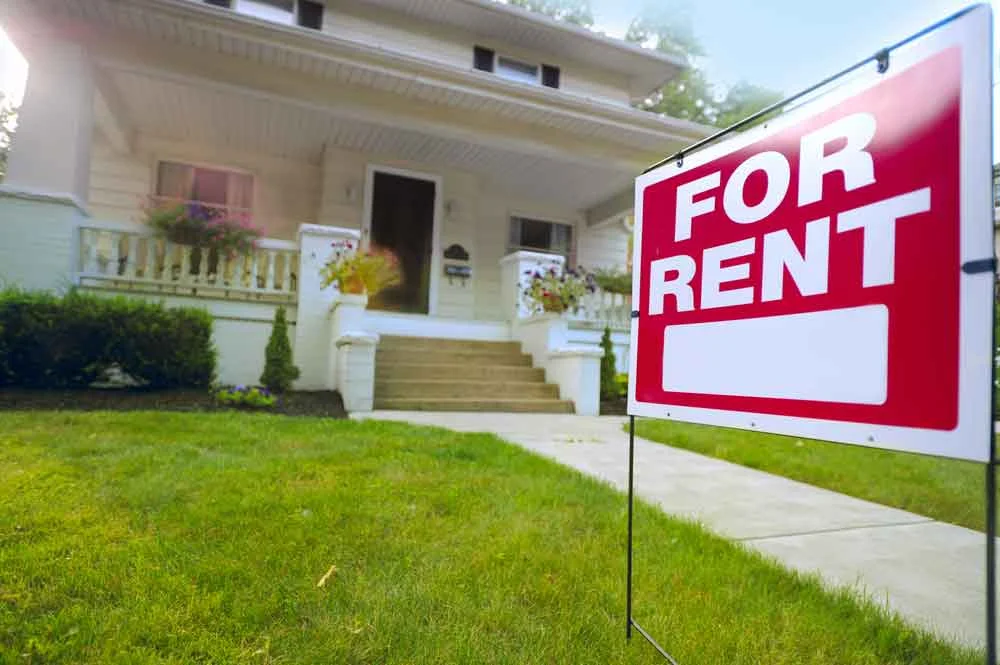Moving into a new home in Ghana can be an exciting and refreshing experience. However, the question often arises: how long should you stay in a rented property before considering a move?
Here’s a breakdown of the key factors to consider when making this decision:
1. Lease Terms:
- Contract Length: Most leases in Ghana have a fixed term, typically ranging from 1 to 3 years.
- Renewal Options: Understand the terms for renewing your lease, including any potential rent increases or additional fees.
- Early Termination: If you need to break your lease early, be aware of any penalties or fees that may apply.
2. Financial Considerations:
- Rent Increases: Review your lease agreement for any rent increase clauses. If rent increases are significant, it might be time to explore other options.
- Utilities and Expenses: Factor in the cost of utilities, maintenance, and other expenses. If these costs become excessive, it might make sense to move.
- Affordability: Ensure that your rent remains affordable within your budget. If your income changes or living expenses increase, re-evaluate your housing situation.
3. Lifestyle Changes:
- Job Relocation: If your job requires a move, it might be necessary to relocate your residence as well.
- Family Growth: If you’re starting a family or expanding your household, you might need a larger space.
- Changing Needs: Your lifestyle and needs might change over time, requiring a different type of property. For example, if you become a pet owner, you might need a pet-friendly apartment.
4. Property Condition:
- Maintenance Issues: If your property is in poor condition or requires constant repairs, it might be time to consider a different option.
- Safety Concerns: Ensure that your property is safe and secure. Address any safety issues promptly.
5. Neighborhood Changes:
- Safety: If the neighborhood becomes less safe, it might be time to move.
- Amenities: Consider if the neighborhood still offers the amenities you desire, such as schools, shopping centers, or recreational facilities.
6. Short-Term vs. Long-Term Rentals:
- Short-Term Rentals: If you’re unsure about staying in a particular area or if your stay is temporary, a short-term rental might be a better option.
- Long-Term Rentals: If you plan to stay in a location for an extended period, a long-term lease can provide stability and potentially lower rental rates.
7. Future Plans:
- Property Investment: If you’re considering purchasing a property in the future, renting can be a good way to get familiar with the local market and identify potential investment opportunities.
- Relocation: If you have plans to relocate to a different city or country, it might be more cost-effective to rent a property in your current location until you’re ready to move.
Ultimately, the decision of how long to stay in a rented property is a personal one. Consider your individual circumstances, financial situation, and lifestyle preferences to make the best choice for you.







